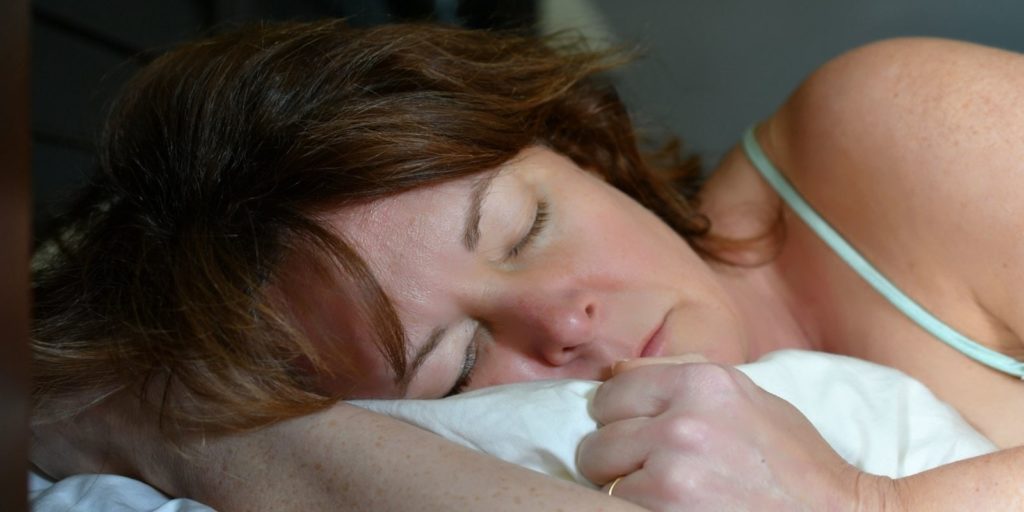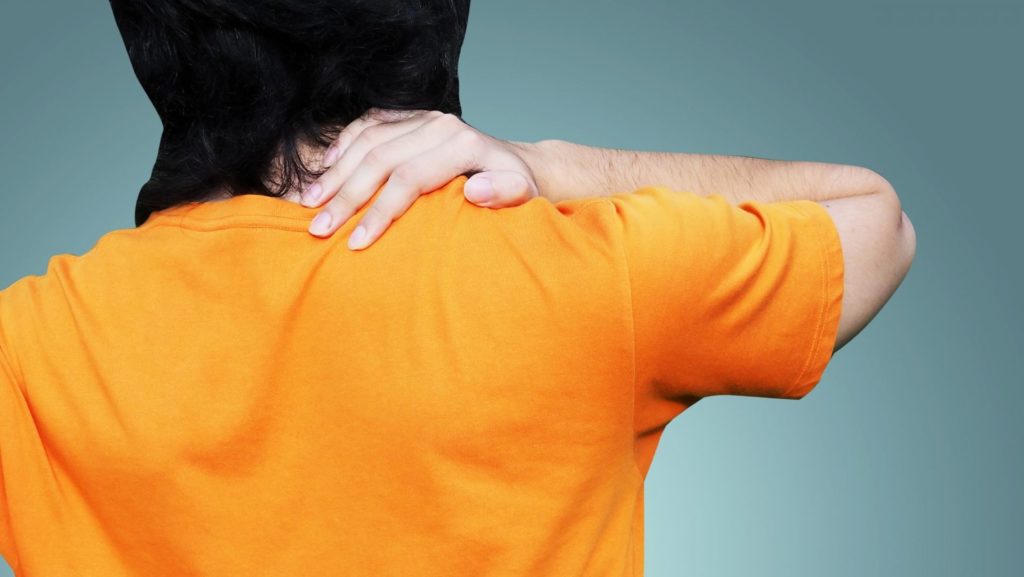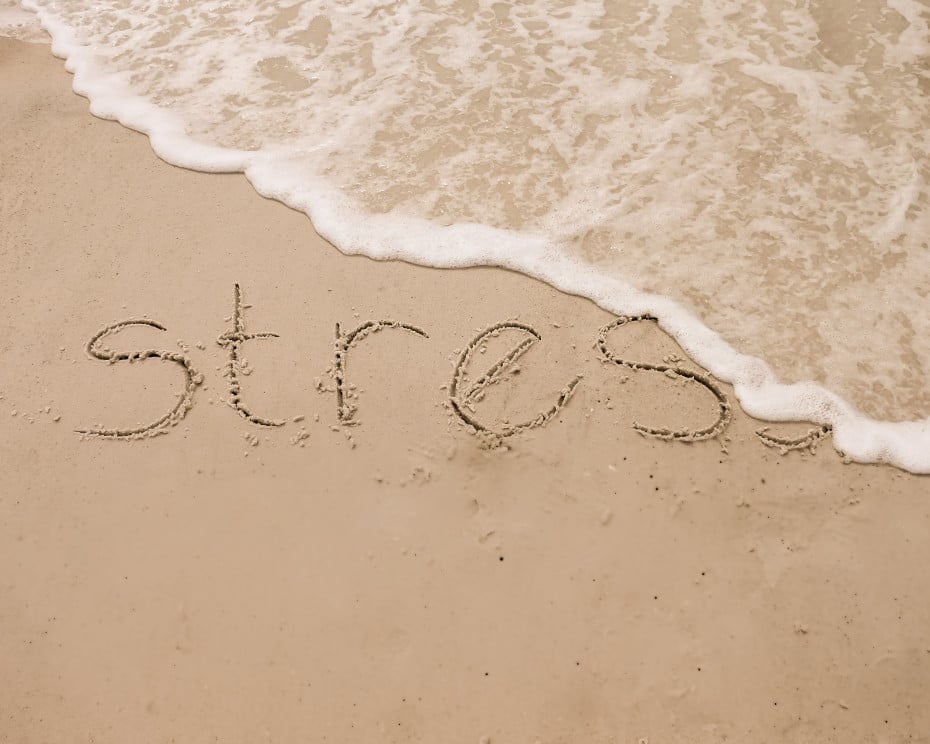Read Time: 4:30 Mins
Primary insomnia is sleeplessness that is not derived from medical or environmental causes, and sufferers find it difficult to go to sleep or stay asleep. Estimates vary, but 30-60 percent of adults say they have poor sleep several nights per week. Often, the mind is overactive and doesn’t allow rest. Insomnia can also occur during times of stress which releases the hormone cortisol. It may be associated with altered neurochemicals such as the “sleep” neurotransmitters (serotonin or GABA). Sleeplessness may also occur as a result of substance abuse or a withdrawal problem. Disturbance of the biological clock, such as from a shift in time zones or different job shifts can also result in insomnia. Poor sleep habits often contribute to the problem. Medical conditions that cause insomnia include sleep apnea, restless legs, night sweats and pain.
Standard medical treatments include sleeping pills such as benzodiazepines such as Restoril, or hypnotics such as Ambien. Over the counter products containing the antihistamine Benadryl are often tried. And antidepressants such as Trazodone, are used by many. All of these can be habit forming and have unwanted side effects. In 2016, according to the industry research firm Markets and Markets, “Americans spent $3.38 billion on prescription sedatives and hypnotics, over-the-counter (OTC) sleep drugs, and herbal sleep aids. It’s projected that the market for such products will experience about a 4.5 percent growth rate between now and 2021.”
The statistics are staggering.“10,000 deaths per year are directly caused by and attributed to hypnotic drugs, based on medical examiner data. However, large epidemiological studies suggest the number of fatalities may actually be closer to 300,000-500,000 per year.”
Alternative therapies are often helpful, including Melatonin, L-Tryptophan, an amino acid, and herbal formulas containing Valerian Root, a sedative; Kava-Kava, a sedative and relaxant; the California poppy, also a sedative and relaxant; and Passion Flower, a relaxant. Avid insomniacs often find that meditation or sleep induction using music brings relief. And when all else fails or is no longer working, more and more people are turning to cannabis to treat insomnia and or pain during the nighttime hours.
In my practice of clinical cannabis, the issue was not whether cannabis was the perfect sleep aid because it’s not. However, it is less harmful than long-term dependence on zolpidem, valium, or other sleep aids. Much of the literature about cannabis and sleep lists sleep disturbance during cannabis withdrawal as a major deterrent. In most cases, the withdrawal syndrome from daily cannabis use lasts up to 2 weeks. In comparison to ongoing insomnia after discontinuing zolpidem, and/or when sleeping medicine no longer works, cannabis often presents the lesser problem. In fact, a common regimen I prescribe is 5 nights/week on cannabis and 2 nights/week on sleeping medication, to prevent tolerance effects from each.
Sleep patterns are regulated by our circadian rhythms and our endocannabinoid system. Yet, even before the discovery of the endocannabinoid system, studies in the 1970s showed THC to be a sleep aid. And before that, in the 1800s, cannabis was listed in the Materia Medica as a “narcotic.” The components in cannabis that can serve as a sleep aid include, THC, CBD, CBN – cannabinol, and the terpenes myrcene, and to some extent, humulene. They all act on different pathways and require specific doses to be effective, and these doses may vary among different people, making dosing an individualized process.
The Role of THC, CBD, CBN, for AGN (A Good Night’s Sleep)
THC changes the nature of sleep. It can cause a mild decrease in rapid eye movement (REM) sleep in low doses, increase deep sleep or total sleep time at first (an effect that may diminish with tolerance), and decrease both REM and deep sleep at high doses. CBD has sedative and anxiety reducing properties depending on the dose. At low doses it might be relaxing, at moderate doses, it might actually cause wakefulness, and at high doses, it would likely cause sedation. CBD activates the same adenosine receptors as caffeine which we all know is a stimulant. But several patients with sleep issues report that ingesting a CBD-rich tincture or extract a few hours before bedtime has a balancing effect that facilitates a good night’s sleep.
Due to improved product information with lab-testing of the cannabinoid content, we now know that CBN is an important component for sedation. Fresh samples of marijuana contain very little CBN but curing, poor storage, or processing such as when making hashish, can cause much of the THC to be degraded to CBN. Also during the long cooking times used in making edibles, some CBN is often present. This turns out to be a good thing for effectiveness as a sleep-aid. Look for a low percentage of CBN in your product, around 1-5%. The terpenes in cannabis indica plants, of course, are at very low doses, and those with myrcene combined with an appropriate cannabinoid dose are most effective for sleep.
Most patients who have found success with cannabis for insomnia report improved sleep with less drowsiness the next day as compared with over the counter or prescription medication. Patients who use cannabis for insomnia often can reduce or eliminate their previous sleeping medicines, with fewer side effects. Many pharmaceuticals that are used to help insomnia may also cause insomnia as they are withdrawn, or skipped. Cannabis does not create the same sort of dependence, you can use it as needed.
Inhaled marijuana has a duration of action that lasts 3-4 hours. I often hear from patients that they have not been able to do without their sleeping pills when they smoke or vaporize their cannabis. They notice that they still get up in the middle of the night, typically 4 hours after they go to bed. It’s important to use cannabis in a long-acting form, such as capsules or edibles if you find you’re waking up in the middle of the night. Remember to ingest your medicine at least one hour before you want to sleep as it takes at least that long to take effect. And if you can skip one to two nights/week with no sleep aid, that’s the beginning of your body learning to do it naturally, which is always best.
Do you use cannabis and/or CBD products to help you sleep? Have they worked and would you recommend it to a friend? Share your ZZZs stories with us.
Deborah Malka, M.D., Ph.D., is an Integrative Medicine Physician and a Cannabis Clinical Specialist. She is also the Chief Medical Officer for Three Wells. Dr. Malka is available for consultation and can be reached at 831-359-7679.




